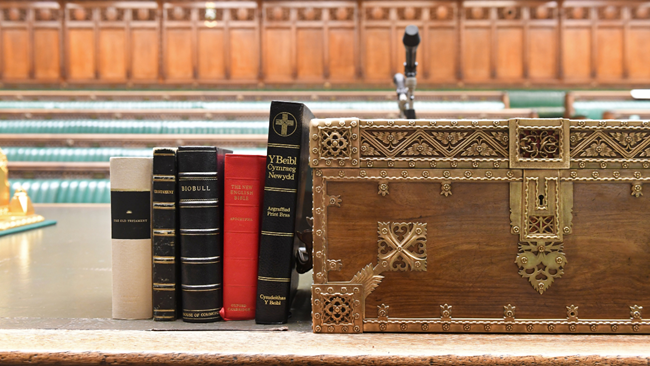Elections and voting
How are Members of Parliament elected to the House of Commons? What does the dissolution of Parliament mean for both Houses? What is the oath of allegiance?
A general election is an opportunity for people in every part of the UK to choose their MP - the person who will represent their local area (constituency) in the House of Commons for up to five years
A by-election occurs when a seat in the House of Commons becomes vacant between general elections, because the sitting MP dies, resigns or becomes ineligible to sit for some other reason
The United Kingdom is currently divided into 650 parliamentary constituencies, each of which is represented by one Member of Parliament in the House of Commons

Members of both Houses have to swear an oath of allegiance to the Crown before taking their seats in Parliament.
The House of Commons, devolved assemblies and mayors in the UK are elected using different voting systems. The Commons and the Lords also use a variety of voting systems for internal elections